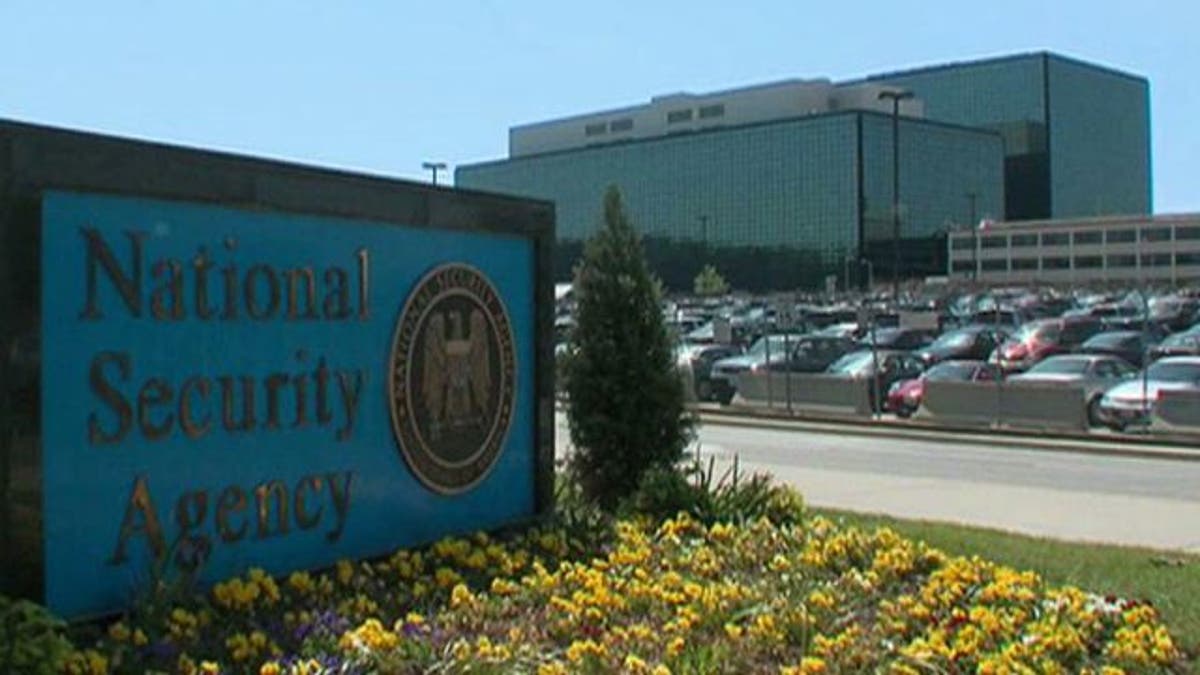
The National Security Agency (NSA) has denied that it has "unfettered access" to 75 percent of all US Internet traffic after The Wall Street Journal reported that the agency had the capacity to observe more online communications than officials had publicly acknowledged.
"Media reports based upon the recent Wall Street Journal article regarding NSA's foreign intelligence activities provide an inaccurate and misleading picture of NSA's collection programs," said a statement issued jointly by the NSA and the Office of the Director of National Intelligence.
"The reports leave readers with the impression that NSA is sifting through as much as 75% of the United States' online communications, which is simply not true," the statement continued. "In its foreign intelligence mission, and using all its authorities, NSA 'touches' about 1.6% and analysts only look at 0.00004% of the world's Internet traffic."
The Journal cited current and former NSA officials in reporting on the capability of the NSA's system of programs, implemented with assistance from telecommunications companies, that are designed to filter out domestic communications in favor of communications that either start or end abroad, or pass through the US between foreign countries.
"The assistance from the providers, which is compelled by the law, is the same activity that has been previously revealed as part of Section 702 collection and PRISM," said another part of Wednesday's statement.
The existence of the PRISM program, which requests Internet companies for stored data, was revealed in June after former NSA contractor Edward Snowden leaked agency documents to The Guardian newspaper in Britain, as well as to The Washington Post.
On Wednesday, it was revealed that the NSA had been rebuked by the secret Foreign Intelligence Surveillance Court 2011 for collecting thousands of emails and other online details from Americans with no ties to terrorism. Declassified court opinions showed the NSA scooped up as many as 56,000 emails and other communications by Americans with no connection to terrorism annually over three years.




